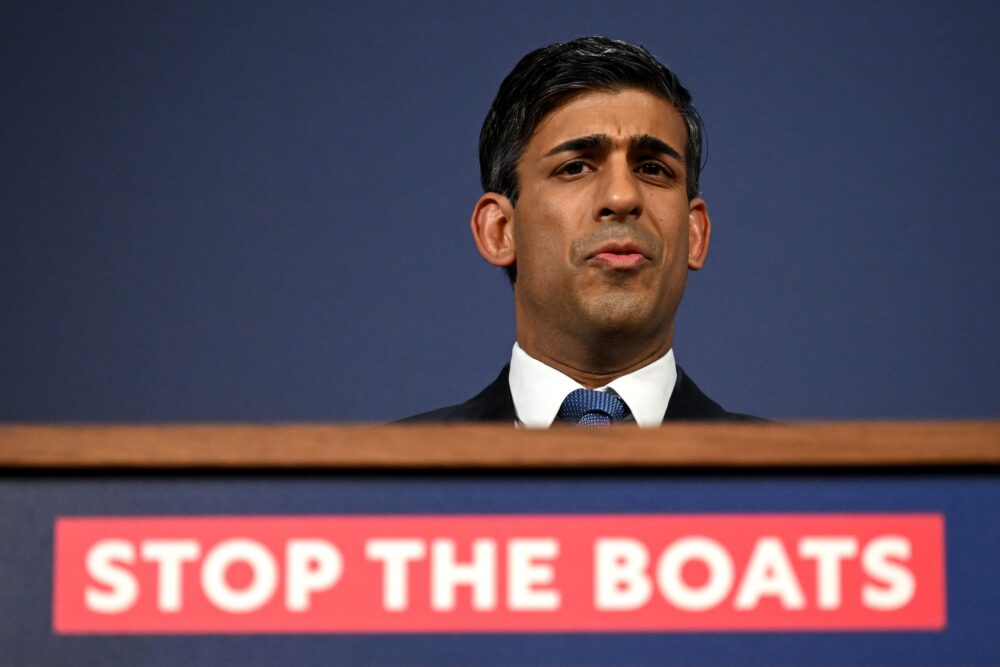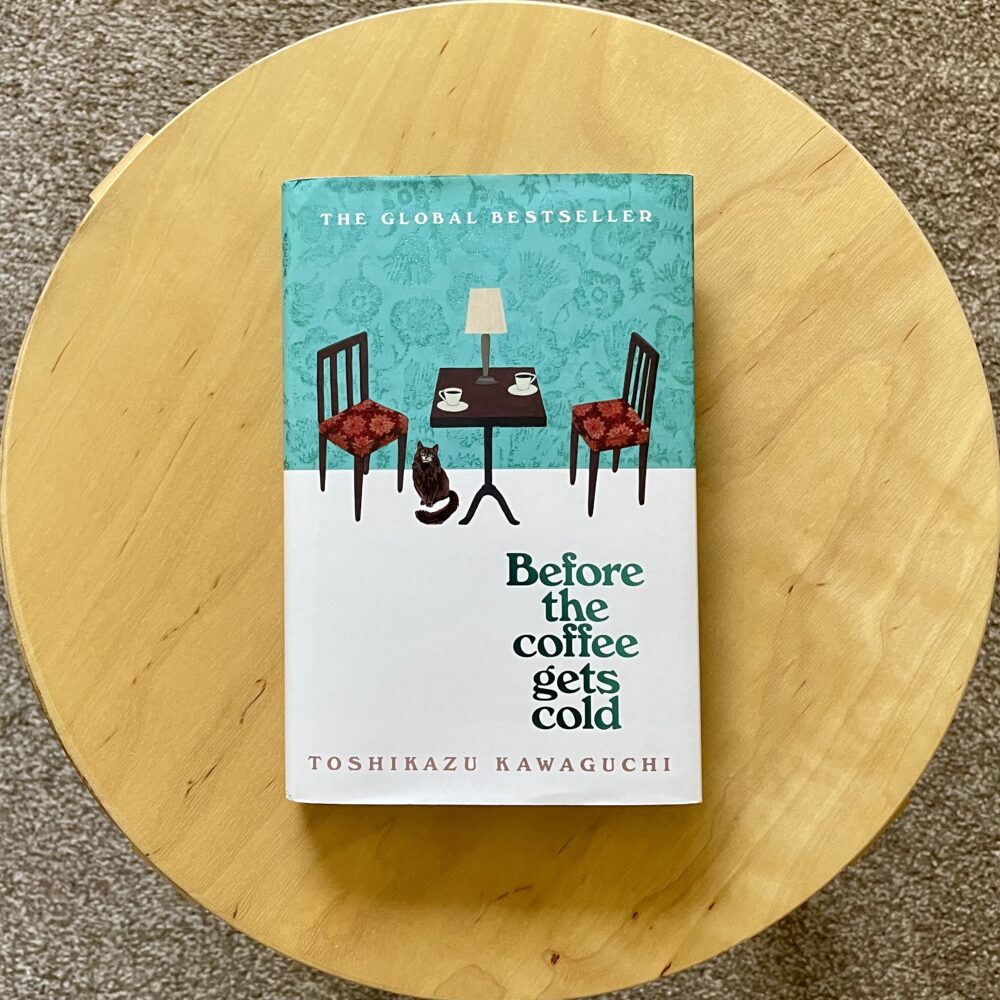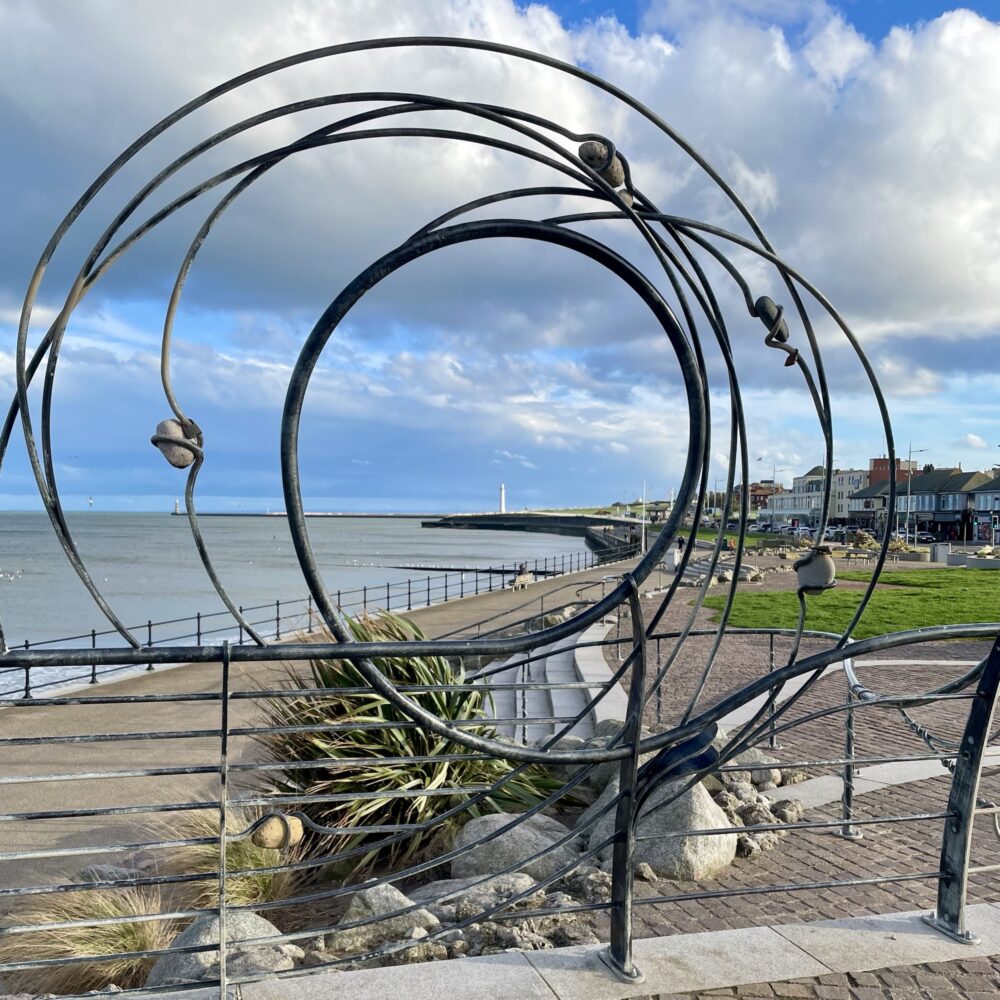I agree with Rishi

Yesterday, in his press conference about the Government’s plan to fly asylum seekers to Rwanda, Rishi Sunak said:
If Labour peers had not spent weeks holding up the bill in the House of Lords to try to block these flights altogether, we would have begun this process weeks ago.
There are 790 peers, of which 173 are Labour peers. Labour peers alone do not have the majority required to pass amendments and hold up the bill in the House of Lords.
Sunak also told us:
The only way to stop the boats is to eliminate the incentive to come by making it clear that if you are here illegally, you will not be able to stay. This policy does exactly that.
More than 6,000 asylum seekers have crossed the English Channel so far this year, a less-than five-month period. Rwanda has agreed to accept 1,000 asylum seekers over a five-year period… or about 83 per five-month period.
In his press conference yesterday, our Prime Minister claimed that:
the patience of the British people ‘is worn pretty thin by this point.’
I agree with him, though I think our patience is being worn through by him. I think that Ali Smith perhaps put it better in Autumn:
I’m tired of the vitriol. I’m tired of anger. I’m tired of the meanness. I’m tired of selfishness. I’m tired of how we’re doing nothing to stop it. I’m tired of how we’re encouraging it. I’m tired of the violence that’s on its way, that’s coming, that hasn’t happened yet. I’m tired of liars. I’m tired of sanctified liars. I’m tired of how those liars have let this happen. I’m tired of having to wonder whether they did it out of stupidity or did it on purpose. I’m tired of lying governments. I’m tired of people not caring whether they’re being lied to anymore. I’m tired of being made to feel this fearful.
This post was filed under: News and Comment, Politics, Ali Smith, Rishi Sunak.





